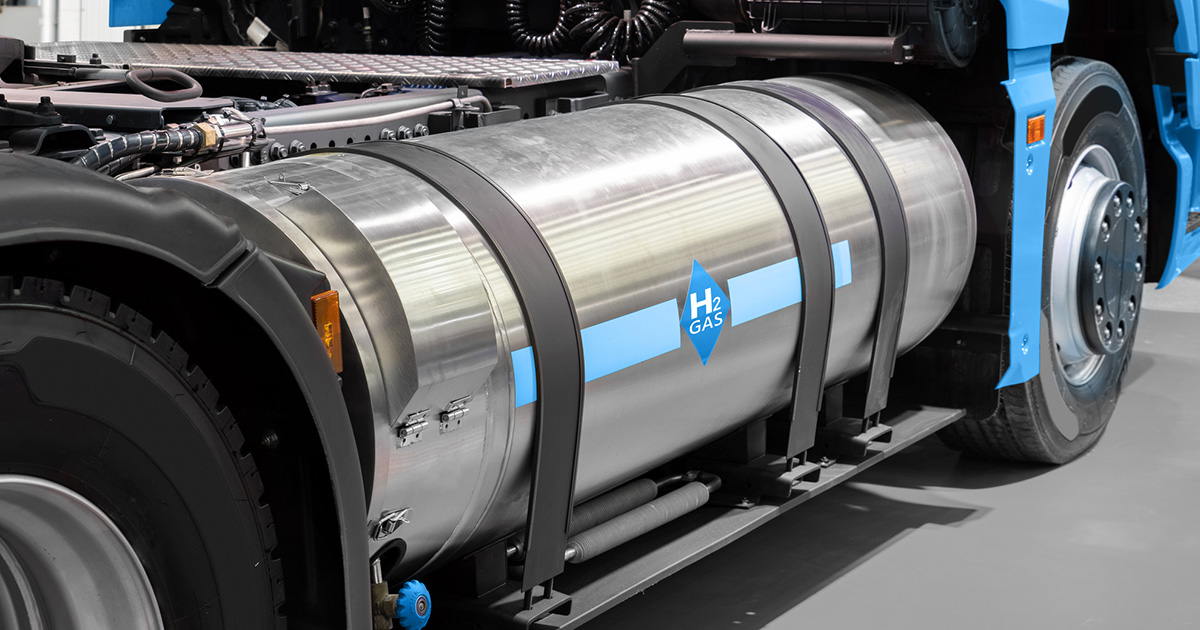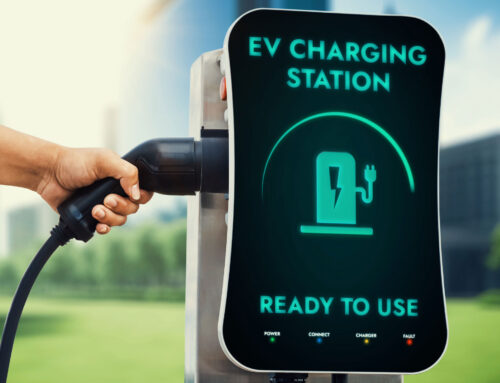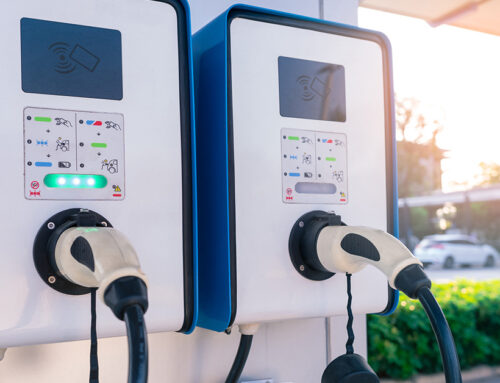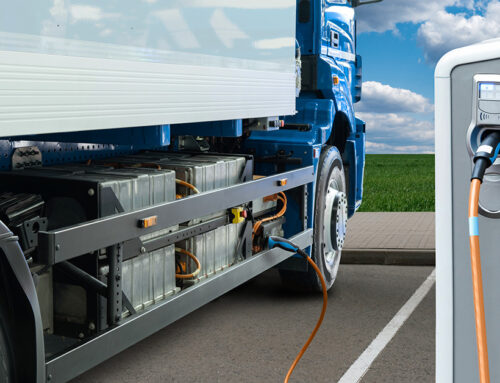Energy markets are fast-changing. A new technology or fuel source can disrupt and even upend the industry. To keep our clients ahead of the times, the team at Financial Fuel Services has prepared a cheat sheet for emerging alternative fuels and outlined what each type of fuel and what fuel stop owners should care about them. Read on to learn more.
Biobutanol
Biobutanol is a 4-carbon alcohol produced from sugar-rich biological products. For example, the Scottish company, Celtic Renewables, used the waste byproducts from the distillation of whiskey to power a Ford Focus. The whiskey manufacturer and distributor, Glenfiddich, used byproducts from the distillation process to power its delivery trucks. In Denmark, researchers created biobutanol from seaweed, mixed it with conventional gasoline, and used it to power a sedan for approximately 50 miles.
Unlike many other alternative fuels, biobutanol doesn’t require vehicle owners to convert their engines. It can be produced domestically and leverage existing biowaste products from things like corn.
Hydrogen Fuel Cells
Cars and trucks powered by hydrogen fuel cells operate similarly to electric batteries. However, the former uses a fuel cell stack: a group of fuel cells that mix hydrogen and oxygen to create the electricity that powers the vehicle’s motor. The subsequent emissions are water vapor.
Hydrogen fueling stations are very similar to gas pumps. Vehicle operators might spend five minutes or less fueling up, and they pay a premium to do it. Prices can range from $5 to $8 a gallon. Unlike electric vehicles, hydrogen vehicles can’t be charged overnight at home, making drivers completely reliant on fuel stops. That presents a tremendous opportunity for fuel stop owners, particularly in regions like California that have a high percentage of hydrogen vehicles.
Dimethyl ether
Alternative fuels and heavy-duty vehicles-two phrases that have long sparked skepticism in trucking companies, truck drivers, fuel stop owners, and oil industry executives. In recent years, that skepticism has waned as both the private and public sector experiment with viable alternatives to diesel fuel. Dimethyl ether, which is used widely in aerosol products, has energy efficiency and power ratings similar to diesel fuel, making it a possible alternative fuel for trucking.
In terms of economic advantage, dimethyl ether can be produced at a relatively low cost from methanol, natural gas, coal, and other biological products. It’s stored in tanks, not unlike propane. Test engines burn dimethyl ether are using a process called exhaust gas recirculation to cut down on nitrogen oxide emissions and meet emissions standards. According to the American Chemical Society, dimethyl ether can run in existing internal combustion engines without significant mechanical modifications.
Don’t Let Your Business Get Left Behind. Book Your Consultation with Financial Fuel Services Today.
The team at Financial Fuel Services is motivated to help you stay on top of new developments in alternative fuels. Follow our Industry News page to get the latest news about what’s impacting trucking, fuel prices, convenience stores, and gas station ownership. Contact us today to book a consultation with a member of our team.






